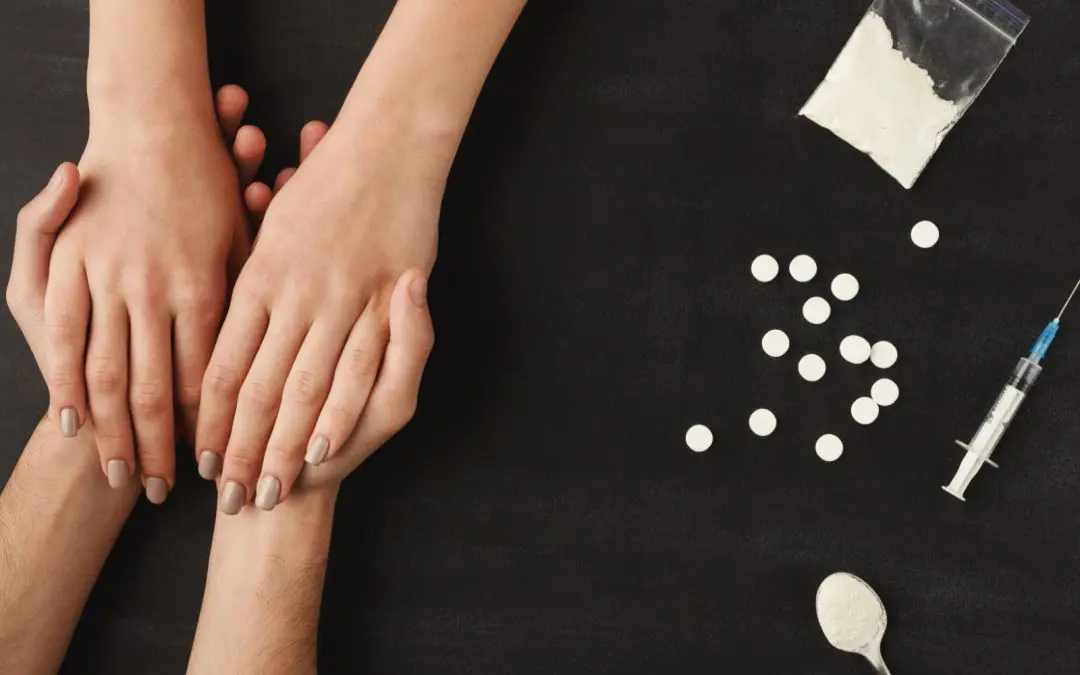24/7 Helpline:
(866) 899-111424/7 Helpline:
(866) 899-1114
Learn more about Partial Hospitalization Program centers in Holt
Partial Hospitalization Program in Other Cities




Meridian Professional Psychological Consultants
Meridian Professional Psychological Consultants is located in East Lansing, Michigan. Meridian Profe...











































































































Craig Smith Associates
Craig Smith Associates is a private rehab located in Okemos, Michigan. Craig Smith Associates specia...

Nicholas Noyes Memorial Hospital – Mental Health
Nicholas Noyes Memorial Hospital – Mental Health is a private rehab located in Dansville, New York. ...

Council on Alcohol and Substance Abuse
Council on Alcohol and Substance Abuse is a private rehab located in Dansville, New York. Council on...

DREAM Provider Care Services
DREAM Provider Care Services is a private rehab located in Williamston, North Carolina. DREAM Provid...

Comprehensive Interventions
Comprehensive Interventions, founded in 2003 is a Critical Access Behavioral Health Agency (CABHA) d...























































Other Insurance Options

American Behavioral

WellPoint

UMR

Providence

WellCare Health Plans

BHS | Behavioral Health Systems

Humana

Health Choice

Access to Recovery (ATR) Voucher

United Health Care

Lucent

Anthem

ComPsych

Optum

Magellan

MVP Healthcare

GEHA

Covered California

Medical Mutual of Ohio

Aetna